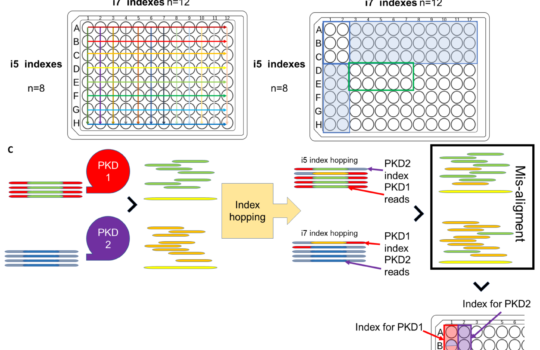Filter Tips vs. Tips without Filters: A Comparison
When conducting research in a laboratory, one of the most important factors to consider is the integrity of your samples. Using the right tools and equipment can make a significant difference in maintaining the quality of your samples and achieving accurate and reproducible results. One such tool is the pipette tip, which comes in two main types: filter tips and tips without filters.
Filter Tips
Filter tips have a barrier made of polyethylene that prevents aerosols and liquid droplets from entering the pipette shaft. The filter acts as a physical barrier, preventing any contaminants from being transferred into the sample, and also helps to prevent carry-over of samples from one experiment to another. The filter is usually made of hydrophobic material, which means that it repels water and other liquids.
One of the main benefits of using filter tips is that they are particularly useful when handling small volumes of samples or when working with solutions that contain enzymes, nucleic acids, or other delicate molecules. These sensitive samples are more susceptible to contamination, and filter tips provide an extra layer of protection that can help to maintain their integrity.
Filter tips are also often used when working with hazardous or infectious materials, such as radioactive or pathogenic substances, to prevent exposure to the user and reduce the risk of contamination.
Tips without Filters
Tips without filters, also known as non-filter tips, do not have a barrier to prevent contaminants from entering the pipette shaft. They are often less expensive than filter tips and are suitable for general laboratory use when handling non-sensitive samples.
While tips without filters may be appropriate for some applications, they are not recommended for working with sensitive samples or hazardous materials. Without a barrier to prevent contaminants from entering the pipette shaft, there is a higher risk of cross-contamination and carry-over of samples from one experiment to another.
Comparison
When comparing filter tips and tips without filters, there are several factors to consider:
- Sample integrity: Filter tips provide an extra layer of protection that helps to maintain the integrity of sensitive samples. Tips without filters may be suitable for general laboratory use but are not recommended for working with sensitive samples.
- Contamination risk: Filter tips have a barrier that prevents aerosols and liquid droplets from entering the pipette shaft, reducing the risk of contamination. Tips without filters do not have this barrier and may be more prone to contamination.
- Cost: Filter tips are generally more expensive than tips without filters. However, the extra cost may be worth it if you are working with sensitive samples that require additional protection.
- Compatibility: Both filter tips and tips without filters are compatible with most pipettes. However, it is important to ensure that the tips you use are compatible with your specific pipette to ensure accurate and reproducible results.
Overall, filter tips are a valuable tool in the laboratory for maintaining sample integrity, preventing contamination, and ensuring accurate and reproducible results. While they may be more expensive than tips without filters, they are essential for working with sensitive samples and hazardous materials. For general laboratory use, tips without filters may be suitable but should be used with caution to minimize the risk of contamination.








